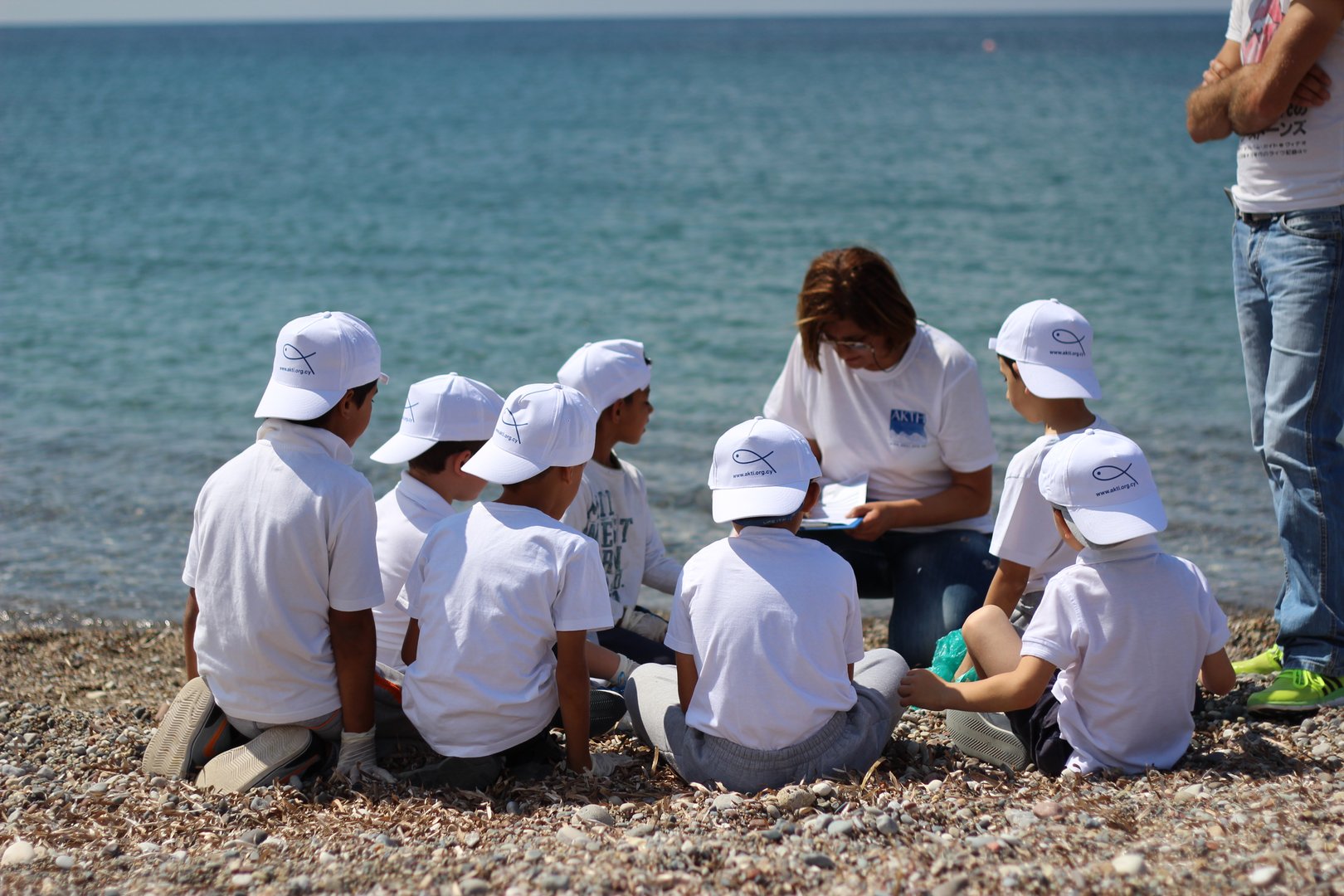We need environmental education which includes people with disabilities
By Maria-Christina Constantinou
There is grave disparity in how climate change affects different groups of people. One would think that climate change does not discriminate, but this is not always the case. According to research individuals living below the poverty line and in poorly built houses, and vulnerable groups like the elderly, children and those in poor health, are much more vulnerable to climate change.
Extreme weather conditions are expected to become more frequent, and more devastating in the coming decades and the individuals that are least able to prepare and adapt will be disproportionately exposed and affected by this environmental, turned social crisis. This social aspect of climate change also concerns populations that experience discrimination and exclusion because of intellectual and developmental disabilities (ID/DD). There is this perception that people with ID/DD are not able to comprehend more complicated concepts and are often excluded from discussion and participation in subjects that directly affect them. People with ID/DD vary greatly within said spectrum in terms of how severely their disability affects them, have unique sensitivities, and can experience different levels of fundamental challenges in their everyday lives. Greta Thunberg, one of the most influential environmental activists in the world, who has Asperger’s Syndrome, a form of autism, said “I don’t think I would be interested in the climate at all if I had been like everyone else”. This is true. Individuals with ID/DD can provide a different angle on the subject. So why are they not included in the conversation about climate change?
While there is a plethora of information on the internet and social media about eco-friendly products and practices that can contribute to the fight against climate change, this information fails to reach people with ID/DD, due to the barriers they face in their everyday lives. Therefore, methodologies and tools must be adapted accordingly, to accurately reflect to their needs with the intention of introducing and establishing new knowledge and behaviours. One example is ‘Transition Planning’. This methodology aims to enact change in a way that feels safe and predictable for the individual. There are adapted teaching methodologies, for example positive reinforcement, strategies for effective learning through tangible examples.
The Cypriot NGO Akti Project and Research Centre, through the project ‘Green Enough’ is working towards filling this knowledge gap by developing the Green Enough training material to specifically target people with ID/DD and their caregivers. ‘Green Enough’ (project no. 2022-1-EL01-KA220-ADU-000086368) is funded with support from the European Commission and is implemented within the framework of the transnational collaboration between seven partner organisations from Cyprus, Belgium, Greece, Poland and Portugal, including Akti Project and Research Centre.
The need for environmental education which includes people with disabilities is imperative. It is important to include their perspective in the conversation about climate change and ultimately create more inclusive and resilient societies. People with ID/DD view the world from a different perspective, thus enhancing their ability to participate in decision making related to climate change will only provide better insights on decreasing this environmental, turned social crisis, while creating a sense of belonging. Representation and inclusion matter, even more so in the fight against climate change.
Learn more about Akti on our website (http://www.akti.org.cy/) and social media pages (Facebook: @akti.cy , Instagram: akti_ngo).
Maria-Christina Constantinou holds a Diploma and Integrated Master’s degree in Chemical Engineering (National Technical University of Athens) and a Master’s degree in Chemical Process Engineering: Advance Chemical Engineering (University College London-UCL). Her work at Akti focuses on intercommunal projects, sustainability and microplastics research







Click here to change your cookie preferences